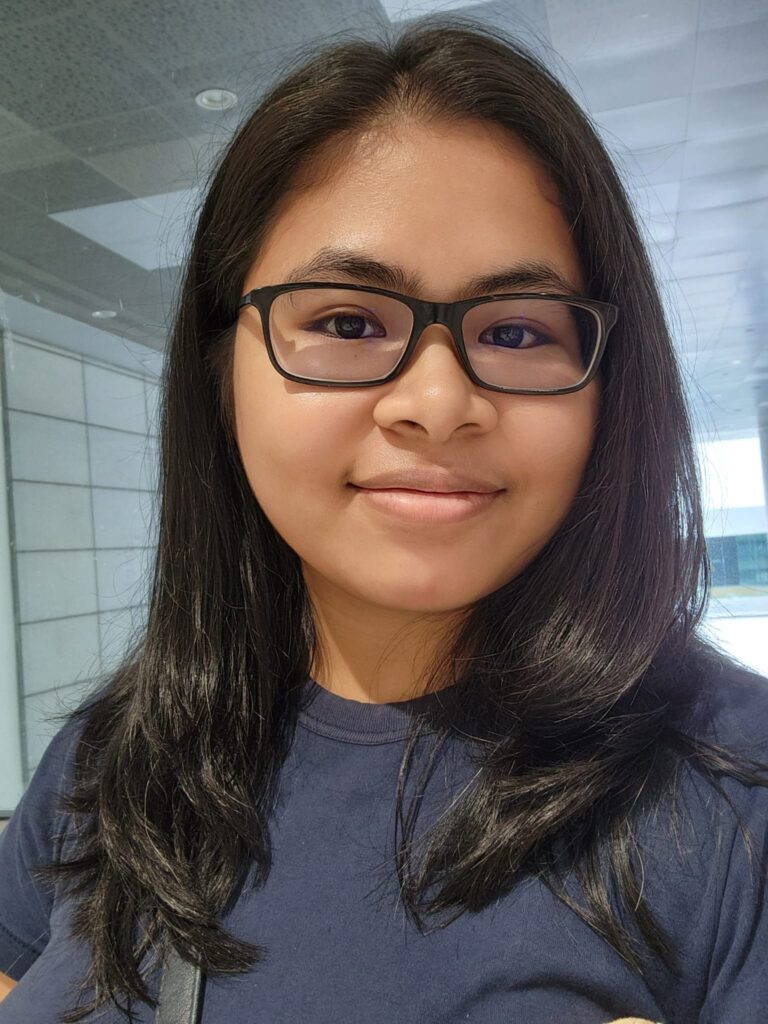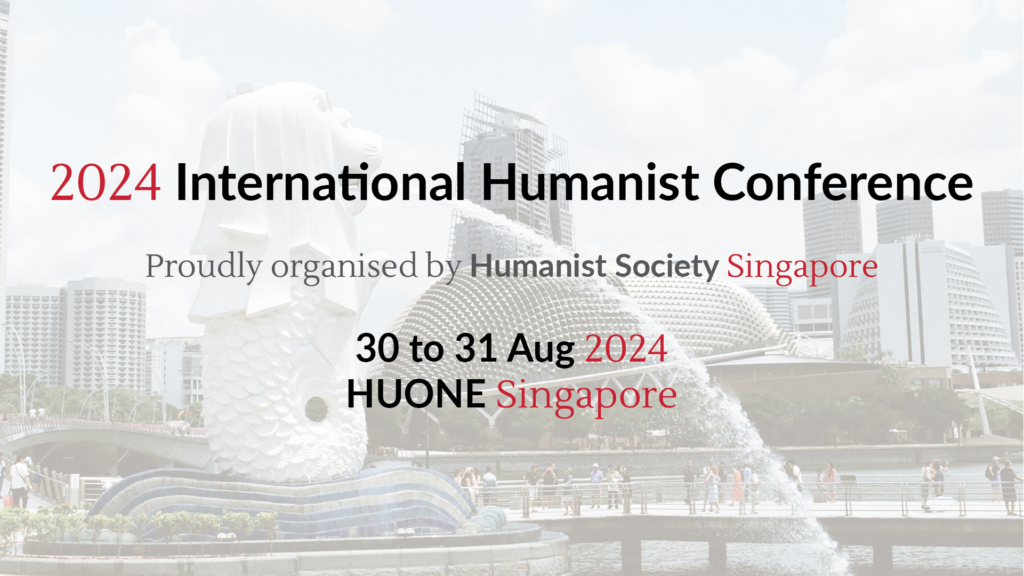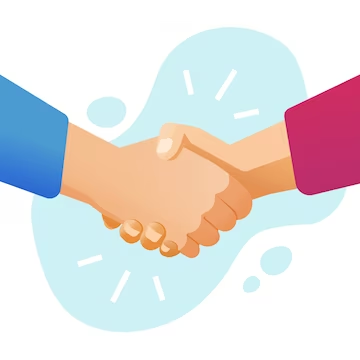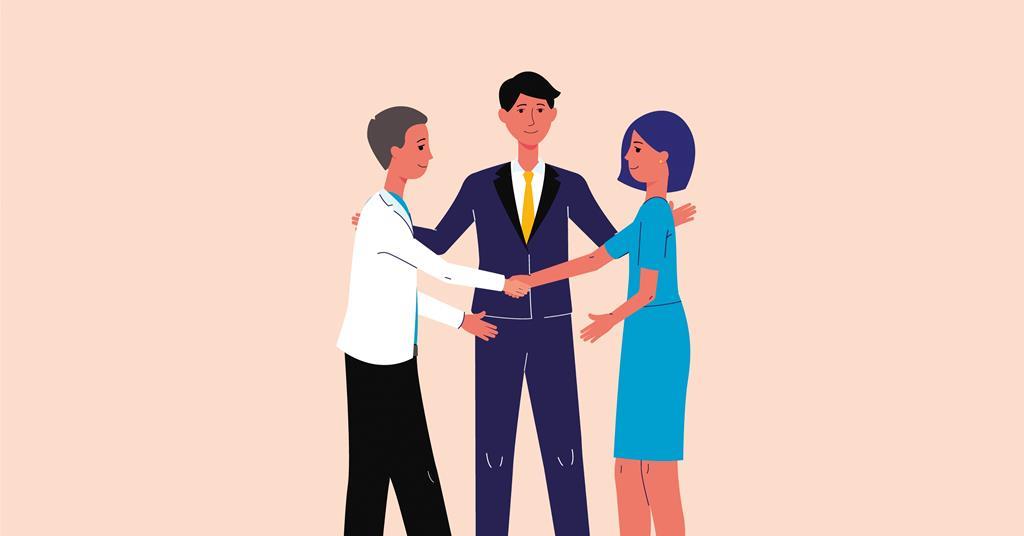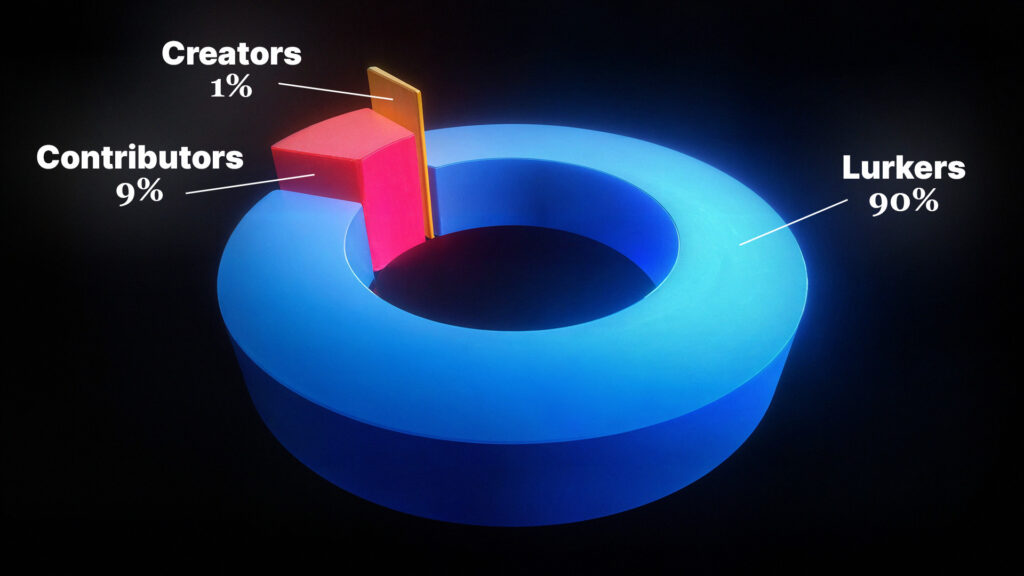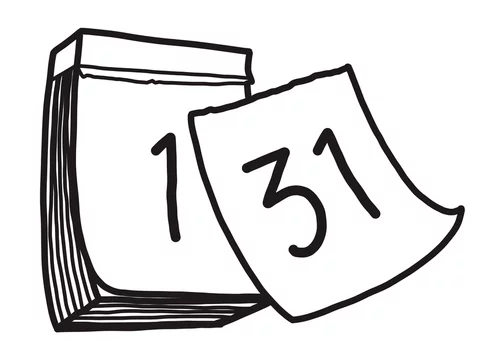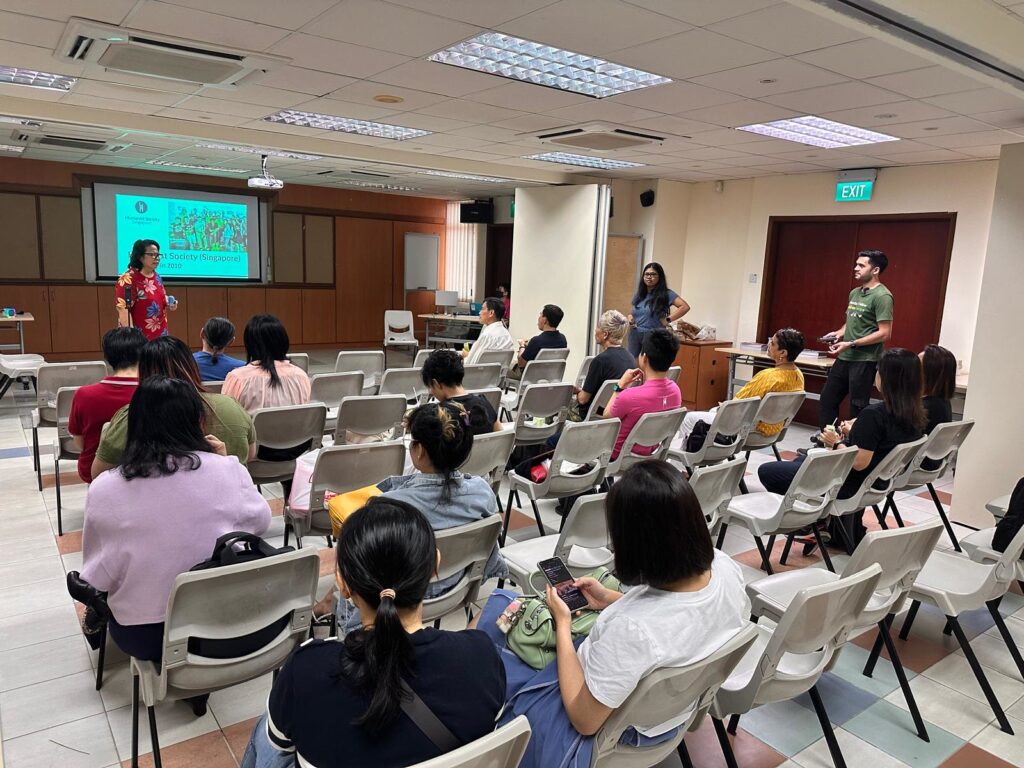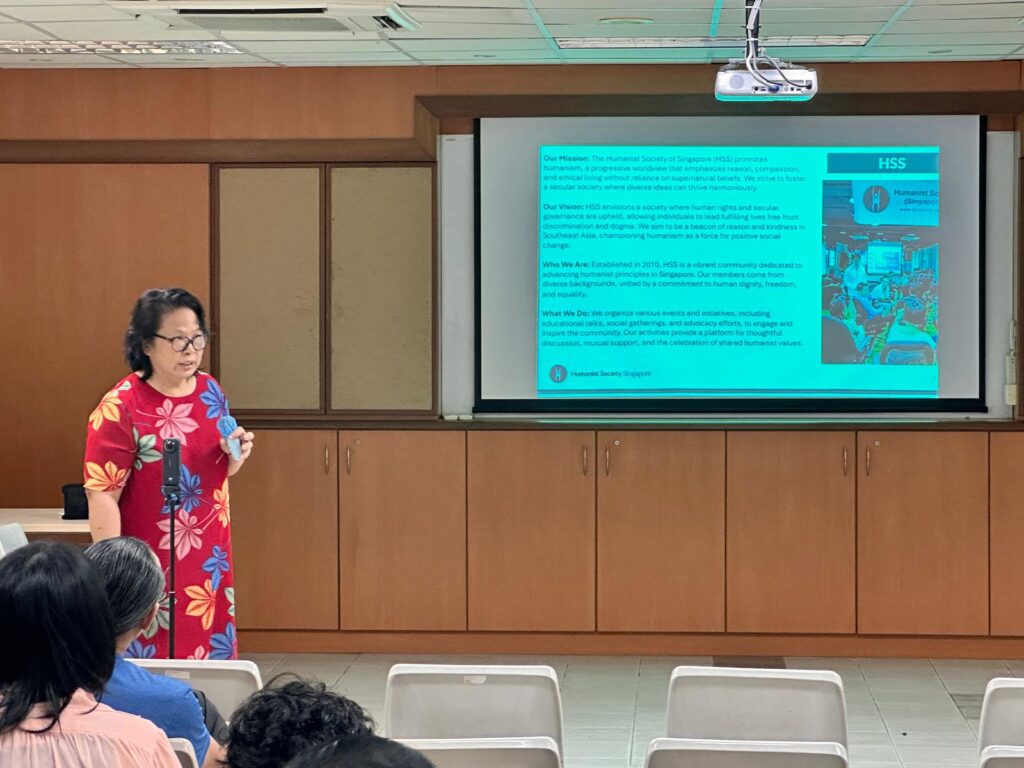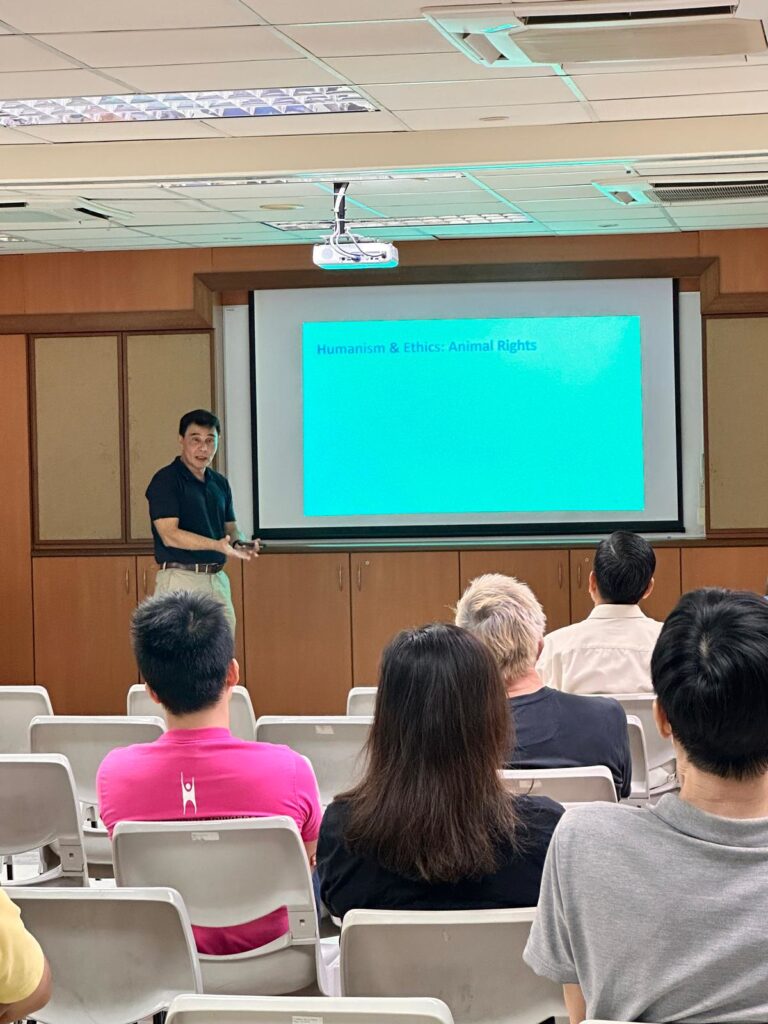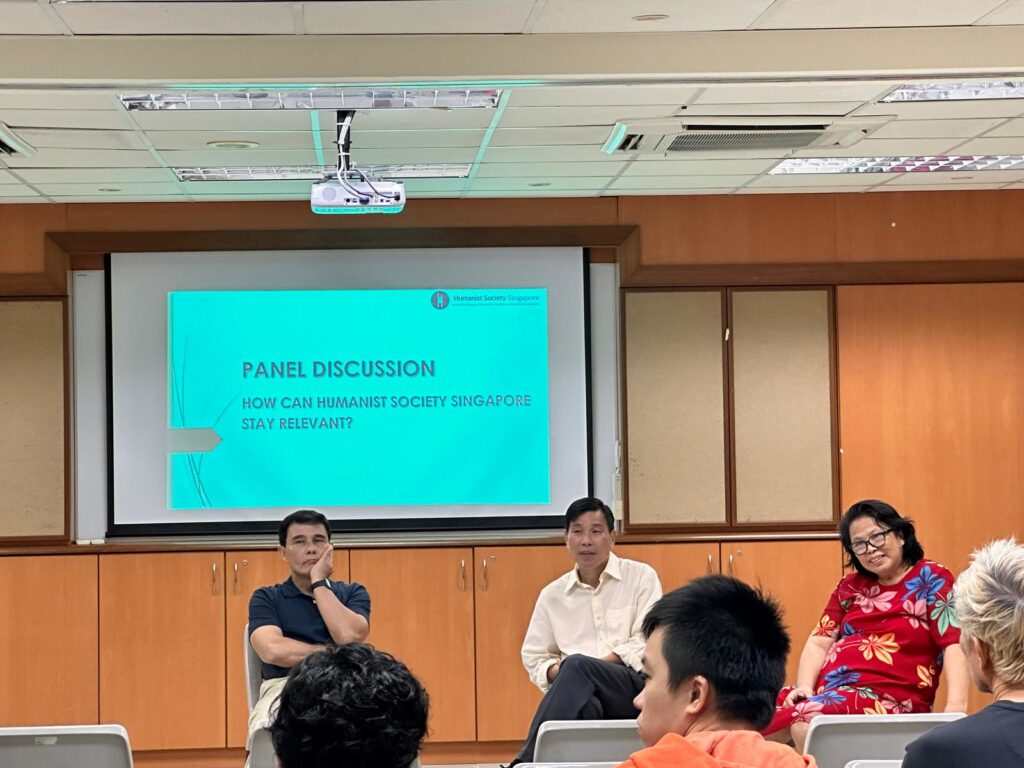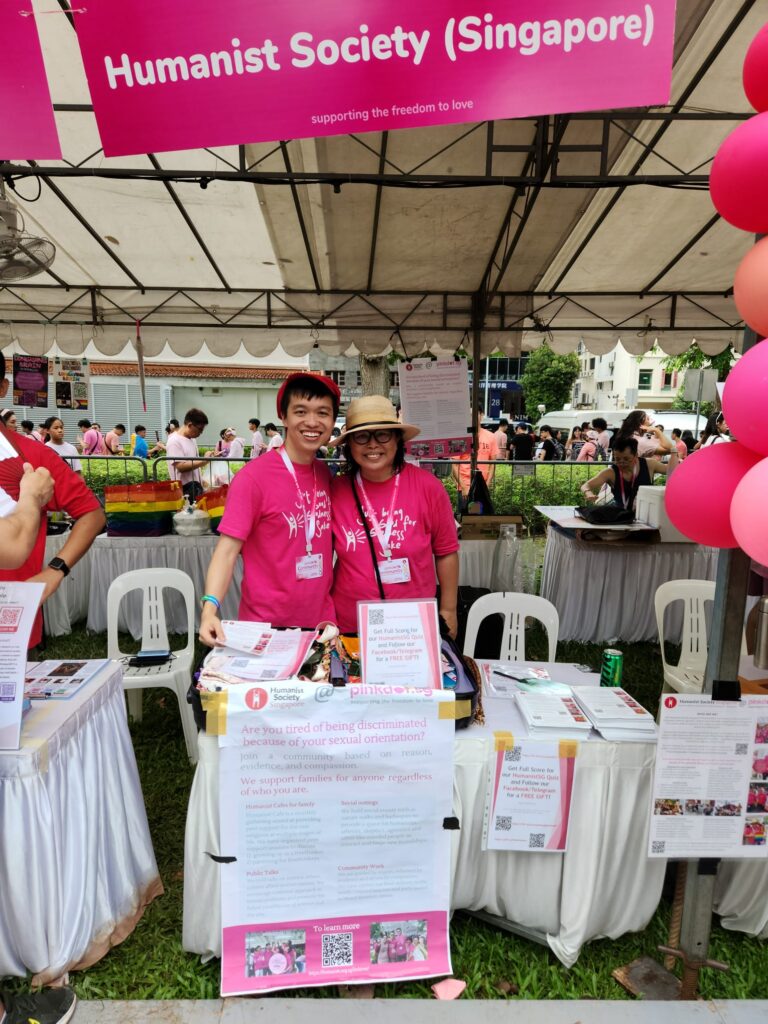
This is a reflection penned by the Humanist Society President, Nora.
Pink Dot 2024 was truly rewarding. It was a vibrant event where I had the pleasure of engaging with new faces and introducing them to the Humanist Society of Singapore (HSS) and our activities. Many expressed that our society is exactly what they have been searching for.
At our booth, we were delighted to offer free fabric coasters and lanyards to all visitors. These items were made from leftover or donated materials, supporting our commitment to sustainability and the repurposing of resources. It’s part of our broader dedication to the zero-waste movement, particularly concerning food and fabric materials.
Reflecting on my first Pink Dot experience back in 2022, it was quite a cultural revelation. Having learned about it only through social media while I was in Malaysia, I wasn’t fully prepared for the dazzling array of expressive and colorful attire.
Initially, it was a bit of a shock, but soon enough, I found myself embracing this vibrant display of diversity. It underscored for me that true diversity goes beyond mere acceptance; it’s about understanding and celebrating our differences.
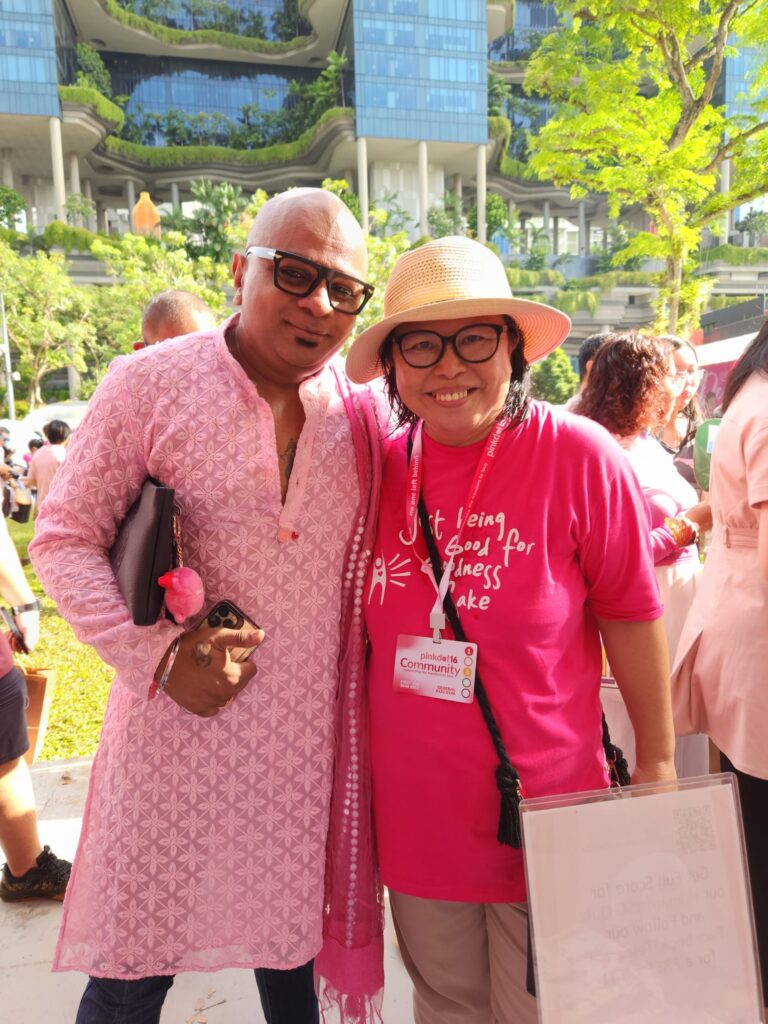
My daughter once asked me my thoughts on same-sex marriage. I believe that marriage is essentially a social contract, and there’s no inherent reason it must be limited to a man and a woman. To me, marriage is about selecting the right partner to navigate life’s journey with. The core of it is love and mutual respect, and true love transcends gender boundaries.
I recall a visit from an American friend and his partner, an Australian, in Kuala Lumpur. They joined us for dinner, and we had a wonderful evening filled with laughter alongside my daughter and extended family. Interestingly, I hadn’t told my children about the couple’s marriage beforehand. A week later, during another family dinner, my husband revealed that the two men were legally married to each other.
The initial surprise on my children’s faces quickly gave way to understanding. We talked about how their view of the couple shouldn’t change just because they learned about their marriage. They were the same kind and entertaining individuals we had enjoyed dinner with. It was a valuable lesson in seeing beyond labels and appreciating people for who they truly are.
With Thailand’s recent legalization of same-sex marriage, it makes me wonder how long it will take for Singapore to follow suit.
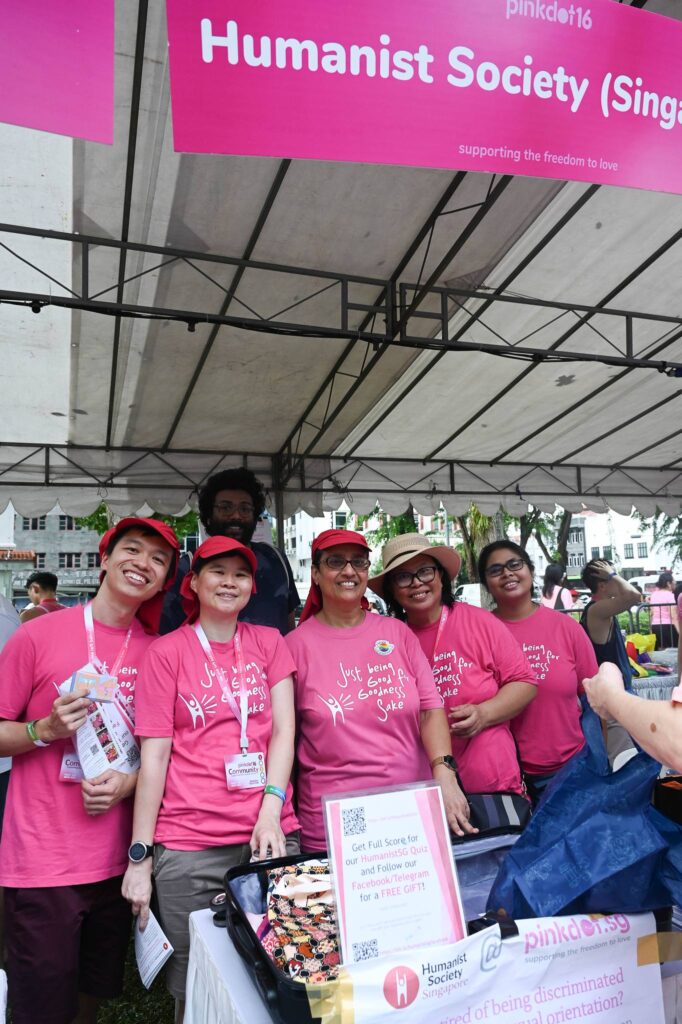
My day at Pink Dot ended with a meaningful conversation with an insightful young woman from a conservative Indian Hindu background. She was grappling with questions about her religion and the challenges of gaining her parents’ acceptance. We discussed the importance of maintaining peace within the family and finding ways to compromise and resolve conflicts without anger. She left feeling more at peace and agreed to continue our conversation in the future.
Attending Pink Dot has been enriching, and I look forward to supporting and participating in this event for as long as it continues.




